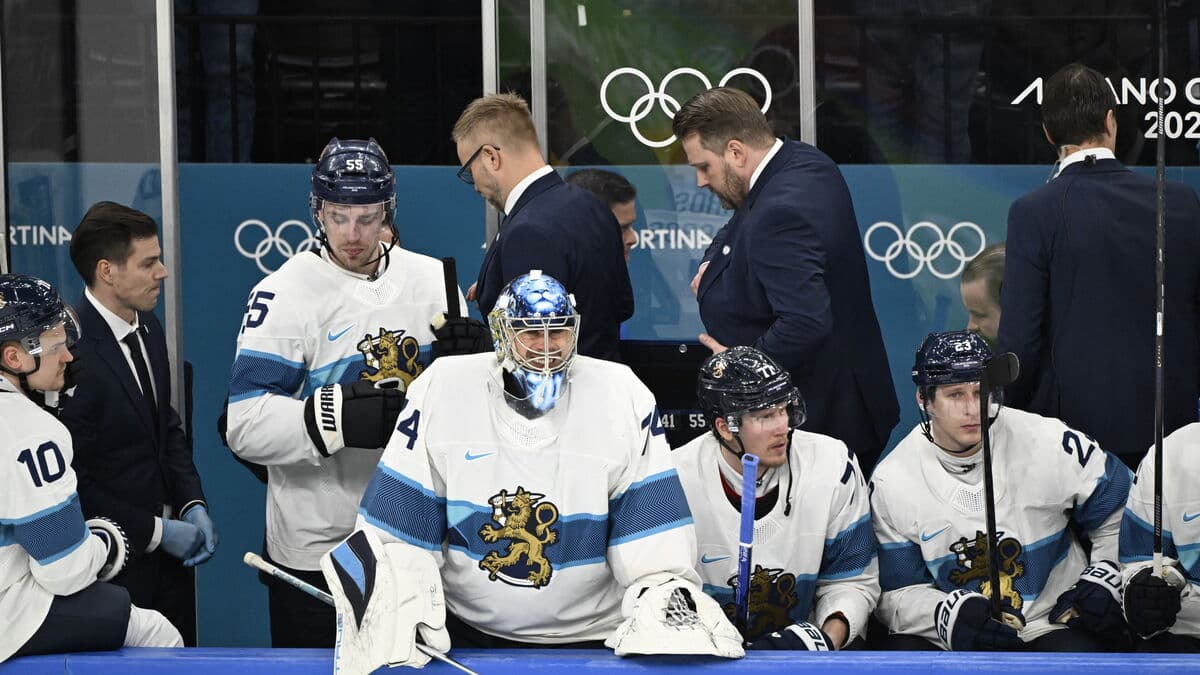Since the war between Israel and Hamas began in October last year, the Lebanese Shia militia Hezbollah and Israel have been exchanging fire across the border almost daily. With the attacks on Hezbollah's personnel last week, the conflict has reached a new level, although Israel's President Isaac Herzog has denied that Israel was involved in the attack. A long line of analysts agree that Israel is the only actor with both the will and the capability to carry out a similar operation.
Hezbollah itself claims that its forces number 100,000, while Israel estimates that there are 20,000-25,000 full-time soldiers plus tens of thousands of reservists, according to Bloomberg.
The movement has also been equipped with a large weapons system from Iran and has received tactical assistance from the Iranian Revolutionary Guard.
When they respond to Israel, Hezbollah consults with Iran's Revolutionary Guard on what to do. That's why they're such a formidable military force, Iran can reinforce the military threat against Israel, says terror researcher Magnus Ranstorp, who has mapped Hezbollah and describes Hezbollah and Iran as "deeply interconnected".
Advertisement
Some limitations
Hezbollah is now trying to create a military threat against Israel, but there are some limitations to what the movement can do, even though parts of Hezbollah's extensive arsenal can reach far into Israel.
Israel is militarily much stronger than Hezbollah, but Hezbollah is 10-15 times stronger than Hamas and has Iran behind it, says Magnus Ranstorp.
In Lebanon, Hezbollah functions as "a state within a state", with a military power at least as great as the country's army and a strong role in politics and social life.
Hezbollah is very strongly rooted in welfare activities and has a military branch that conducts guerrilla warfare and military attacks against Israel. Additionally, Hezbollah has terrorist activities, which are coordinated with the organization's top leader Hassan Nasrallah, says Magnus Ranstorp.
Advertisement
A top-down organization
The movement as a whole has been labeled a terrorist organization by several countries, while others have chosen to only label its armed branch as such in order to keep diplomatic channels open.
The overall goal of the hierarchically structured organization is to establish an Islamic state in Lebanon and eliminate Israel, which Iran also wants to happen. Far from everyone in Lebanon supports the movement.
But some see them as a deterrent against Israeli attacks, I think that's a fairly widespread view, that it's Hezbollah that prevents Israel from attacking, says Ranstorp.
An Islamist movement, created in the early 1980s as a reaction to a conflict situation similar to today's. The Palestinian Liberation Organization (PLO) had used southern Lebanon as a base for attacks against northern Israel, which led Israel to invade in 1982. Inspired by the Islamist revolution in Iran a few years earlier, Lebanese Islamists formed Hezbollah ("God's party"), a name chosen by the Iranian leader Khomeini.
An explicit main goal has been to expel all "colonialists". In practice, this has meant that much of the armed struggle has been directed against Israel – seen as the representative of the Western world in the Middle East.
Hezbollah has been a political party in Lebanon since 1982 and functions as "a state within a state", with a military power at least as great as the country's army and a strong role in politics and social life.






